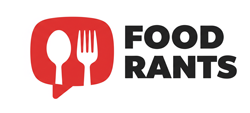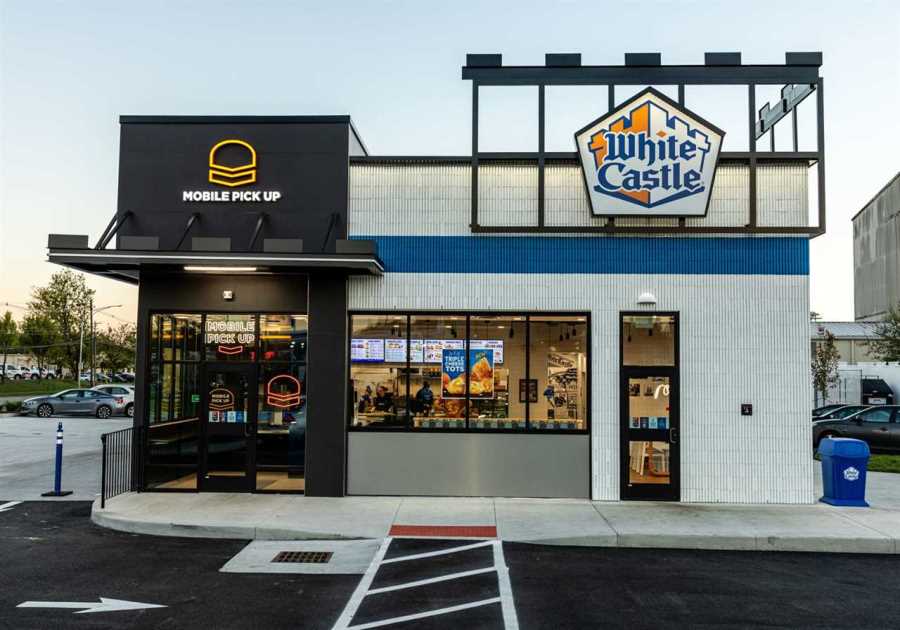
— OPINION —
By Liz Sertl, Senior Director of Supply Chain Visibility for GS1 US
As the U.S. food industry prepares for heightened traceability under the Food Safety Modernization Act’s (FSMA) Rule 204, a new national survey underscores just how concerned consumers remain about food recalls and the safety of the products on their plates. The findings highlight the urgency for companies across the supply chain to accelerate their traceability capabilities — not only to meet regulatory requirements, but also to build and sustain consumer trust.
A recent GS1 US- survey shows that while 85 percent of Americans believe food recalls are effective in protecting public health and safety, the public remains concerned about the frequency and of recalls resulting in behavioral shifts.
- 93 percent of consumers are concerned about how often recalls occur, suggesting that public perception of the food supply is fragile
- 60 percent report avoiding an entire category of food — for example, all lettuce —after a recall, regardless of whether all products were implicated
- Nearly 59 percent say they are hesitant to buy the same product or brand again following a recall. The sentiment is especially strong among younger consumers, with 65 percent of Millennials and 64 percent of Gen Z reporting reluctance, compared with 53 percent of Baby Boomers
- In an abundance of caution, 57 percent of adults say they have discarded recalled food even when their state or region wasn’t affected. Millennials again stand out, with 70 percent admitting to this practice
Taken together, the findings highlight not only the reputational risk to food brands, but also the potential impact to bottom lines. Lost sales, wasted food and damaged brand loyalty can far outlast the recall event itself.
A shifting regulatory landscape
The entire food industry is actively engaged in efforts to improve the safety of our food supply, working with government to ensure best practices that can make a significant difference in preventing foodborne illness outbreaks. FSMA Rule 204, also known as the Food Traceability Final Rule, was issued by the U.S. Food and Drug Administration to strengthen the nation’s food safety system. With a proposed implementation of July 20, 2028, the rule requires companies that manufacture, process, pack or hold foods on the FDA’s Food Traceability List — such as leafy greens, fresh-cut fruits, soft cheeses, certain seafood and nut butters — to maintain and share more detailed records throughout the supply chain.
These enhanced records are designed to enable faster and more accurate traceback during an outbreak or recall, helping regulators and industry pinpoint the source of contamination within hours instead of days or weeks. For industry stakeholders, the message is clear: robust traceability systems are an essential part of ensuring food safety and maintaining consumer confidence.
Foodborne illness affects an estimated 48 million people in the United States each year, according to the Centers for Disease Control and Prevention. Rapid, precise recalls are among the most effective tools for reducing that toll. Yet traditional recall processes — often reliant on paper records or inconsistent digital systems — can be slow and error-prone.
This is where FSMA Rule 204 aims to make a transformative impact. By requiring standardized data capture and recordkeeping for provision within 24 hours or within some reasonable time to which the FDA has agreed, the rule lays the foundation for interoperable traceability systems that can follow food products from farm to table.
Consumers have made it clear that they expect the industry to act quickly and decisively when safety is at stake. FSMA Rule 204 presents an opportunity to strengthen that trust by giving industry the tools and standards it needs to deliver accurate, transparent information during a recall.
At the heart of FSMA Rule 204 readiness is data interoperability — ensuring that critical tracking events and key data elements can be captured and shared across every link in the supply chain. GS1 Standards, including the Global Trade Item Number and Global Location Number for product and location identification, respectively, provide a common language that enables trading partners to exchange accurate information quickly.
Industry experts note that collaboration is essential. No single company can meet these requirements alone. The key is working together across the supply chain to build systems that are scalable, cost-effective and centered on consumer safety.
Looking ahead
While regulatory deadlines are still a few years away, forward-thinking companies are moving ahead now. Early adopters recognize that traceability investments deliver competitive advantages beyond regulatory risk avoidance.
With consumers increasingly demanding transparency, companies that can share clear, real-time data about sourcing and handling stand to strengthen brand loyalty. Moreover, faster recalls can help limit financial losses by surgically removing affected products, reducing unnecessary waste and preserving unaffected product lines.
As FSMA Rule 204’s implementation deadline approaches, the food industry faces both challenges and opportunities. Companies need to move forward now, invest in new technologies, update internal processes and collaborate closely with trading partners. Education and training will also play a critical role in ensuring that workers at every level of the supply chain understand the importance of accurate data capture.
For consumers, the benefits could be profound. Improved traceability means recalls that are faster, narrower and less disruptive, helping reduce both public health risks and unnecessary economic losses.
The survey findings are a reminder that consumer trust remains fragile. Transparency, accuracy and speed are the cornerstones of rebuilding that trust, and GS1 Standards provide a framework for supply chain data to enable full end-to-end traceability toward that end.
For more information, please visit www.gs1us.org/foodrecall.
About GS1: More than 300,000 members across 25 industries turn to GS1 US for help with improving operations, addressing industry challenges, and positioning their businesses to respond to changing market conditions by leveraging GS1 Standards. As a neutral and not-for-profit membership-based organization, GS1 is guided and governed by its users.
(To sign up for a free subscription to Food Safety News, click here)






